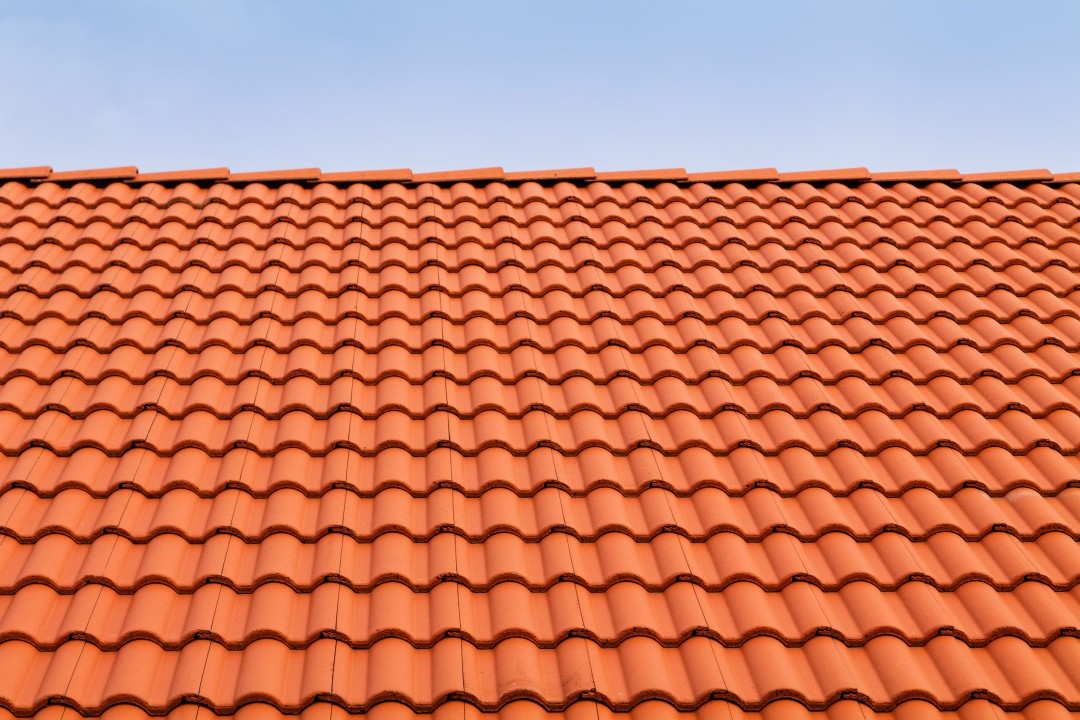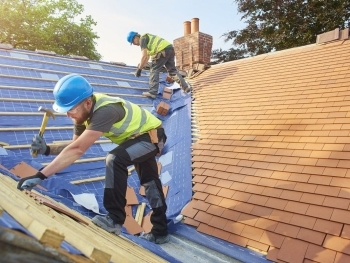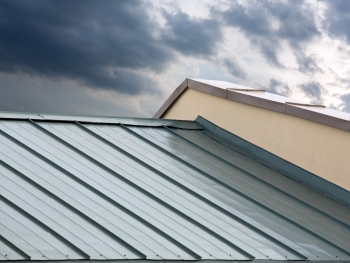When investing in a new roof, one of the most important considerations is the warranty that comes with it. Roofing warranties are designed to offer protection and peace of mind, ensuring that your investment is safeguarded against manufacturing defects, installation errors, and other issues. However, understanding the complexities of roofing warranties can be challenging. This comprehensive guide will help you navigate the different types of warranties, their coverage, and what you need to know to make an informed decision.
Types of Roofing Warranties
1. Manufacturer’s Warranty
The manufacturer’s warranty covers defects in the roofing materials themselves. This type of warranty is provided by the manufacturer of the roofing materials and typically includes:
- Material Defects: Coverage for defects in the roofing materials, such as issues with shingles, tiles, or metal panels that may affect performance or longevity.
- Duration: Manufacturer’s warranties vary in length, often ranging from 20 to 50 years, depending on the material and manufacturer.
- Transferability: Some manufacturer’s warranties are transferable to a new homeowner, which can be a selling point if you decide to sell your home.
2. Workmanship Warranty
The workmanship warranty covers errors or issues arising from the installation of the roofing materials. This warranty is typically provided by the roofing contractor who performs the installation and includes:
- Installation Errors: Coverage for problems caused by improper installation, such as leaks or structural issues.
- Duration: Workmanship warranties generally range from 1 to 10 years, depending on the contractor and the scope of work.
- Contractor Reputation: The quality and length of the workmanship warranty can be influenced by the contractor’s reputation and experience.
3. Extended or Enhanced Warranty
Some roofing systems offer extended or enhanced warranties that combine both manufacturer and workmanship coverage, providing a more comprehensive level of protection. These warranties may include:
- Additional Coverage: Coverage for both material defects and installation errors, offering a higher level of protection than standard warranties.
- Duration: Extended warranties often come with longer coverage periods, sometimes up to the lifetime of the roof.
- Cost: Extended warranties may come with additional costs, which should be considered when budgeting for your roofing project.
Key Components of Roofing Warranties
1. Coverage Details
Understanding what is covered under the warranty is crucial. Key components to review include:
- Scope of Coverage: Check the specific issues covered, such as material defects, installation errors, and weather-related damage.
- Exclusions: Review any exclusions or limitations, such as damage caused by improper maintenance, natural disasters, or alterations to the roof.
- Conditions: Be aware of any conditions that may void the warranty, such as failure to follow maintenance guidelines or unauthorized repairs.
2. Claims Process
The process for filing a warranty claim can vary depending on the warranty provider. Key aspects to consider include:
- Documentation: Keep detailed records of your roofing installation, including invoices, warranty documents, and maintenance records.
- Claim Procedure: Understand the steps required to file a claim, including contacting the manufacturer or contractor, providing documentation, and scheduling inspections.
- Resolution Time: Be aware of the time frame for resolving warranty claims and how quickly issues will be addressed.
3. Maintenance Requirements
Most roofing warranties require regular maintenance to remain valid. Key maintenance requirements include:
- Regular Inspections: Schedule periodic inspections to identify and address potential issues before they escalate.
- Proper Care: Follow the manufacturer’s and contractor’s recommendations for maintaining the roof, including cleaning and debris removal.
- Record Keeping: Maintain records of all maintenance activities and repairs to demonstrate compliance with warranty requirements.
Factors Influencing Warranty Validity
1. Roofing Material Quality
The quality of the roofing materials can affect the warranty coverage. Higher-quality materials often come with more extensive warranties, while lower-quality options may have more limited coverage.
2. Contractor’s Reputation
The reputation and experience of the roofing contractor can impact the workmanship warranty. Choosing a reputable contractor with a strong track record can ensure better coverage and a higher level of service.
3. Installation Practices
Proper installation is crucial for warranty validity. Ensure that the roofing system is installed according to the manufacturer’s specifications and best practices to avoid issues with coverage.
4. Maintenance and Care
Regular maintenance and proper care are essential for keeping the warranty valid. Follow recommended maintenance guidelines and address any issues promptly to prevent voiding the warranty.
How to Choose the Right Warranty
1. Evaluate Your Needs
Consider your specific needs and preferences when choosing a warranty. Determine the level of coverage required based on the roofing material, your budget, and the expected lifespan of the roof.
2. Compare Warranties
Review and compare different warranties from manufacturers and contractors. Assess the coverage, duration, and terms to find the warranty that best suits your needs.
3. Read the Fine Print
Thoroughly review the warranty documents and understand all terms, conditions, and exclusions. Ask questions and seek clarification on any aspects you find unclear.
4. Consult with Professionals
Consult with roofing professionals to get expert advice on the best warranty options for your roofing project. They can provide insights based on their experience and knowledge of various warranty programs.
Common Warranty Myths and Misconceptions
1. "All Warranties Are the Same"
Not all warranties are created equal. Manufacturer’s and workmanship warranties can vary significantly in terms of coverage, duration, and conditions. It’s important to understand the specific details of each warranty.
2. "Warranties Cover Everything"
Warranties typically do not cover all types of damage or issues. Be aware of exclusions and limitations, such as damage caused by neglect, natural disasters, or improper modifications.
3. "Warranties Are Automatic"
Warranties often require active management, including regular maintenance and proper documentation. Ensure you follow all guidelines to keep the warranty valid.
Understanding roofing warranties is essential for protecting your investment and ensuring that your roof remains in optimal condition. By familiarizing yourself with the different types of warranties, their coverage, and key components, you can make an informed decision and select the warranty that best suits your needs. Regular maintenance, proper care, and choosing a reputable contractor are crucial for maximizing the benefits of your warranty and ensuring the longevity of your roofing system. For expert advice and professional roofing services, contact Portland Roof Repair. Our team is dedicated to helping you navigate warranty options and achieve the best results for your roofing project.




